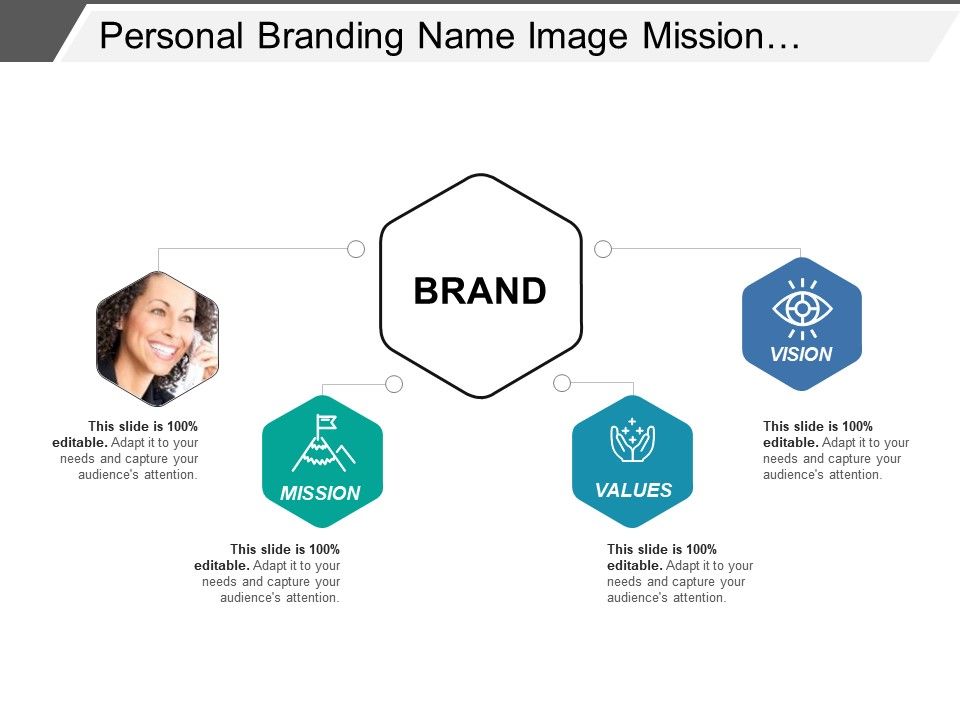5 Step Real Estate Branding Guide For Agents
Brand identity is essential for all businesses. With the growth of the internet and social media, it has become a necessity for real estate agents to put in more effort to build a real estate brand. It is not easy to build and develop brand awareness.
However, to reach your target audience for lead generation, you need to create an online presence, and for this branding, is a must. When it comes to creating an effective brand identity, real estate agents need to pay attention to a few crucial aspects. These aspects will make it possible to create an effective message for the target customers. In this article, we have outlined a simple way to effectively build your real estate brand from the start.
Steps For Real Estate Marketing And Branding
1. Personal Brand Name

The very first step when it comes to real estate branding is to ensure that you have a business name and identity that helps you stand out from other real estate brands. You need to make this selection carefully as this is going to be your real estate business identity.
Think how much value the addition of the word REALTOR® adds to a brand. This signifies that the real estate agent is a member of the National Association of Realtors (NAR). This is the power of the right branding. You need to define your brand first to select a name.
In order to do so, think in a creative manner or take the help of free or paid online resources. This step should not be taken in a hurry as it will be very expensive to change this at a later stage. One of the ways to ensure that you get it correct is by defining your brand.
Define Your Brand
As a real estate agent, try to identify the kind of clients you wish to deal with and the type of real estate you want to handle. This will give you a clear idea of how to present your brand better. Try to think of the kind of clients who usually approach you, or try to think of the type of clientele you would want to serve in the future. Once you have zeroed in on that information, then think of a name that will speak to that particular demographic. Your name should be easy to remember, easy to spell, and include essential information about your real estate business.
2. Visual Branding And Marketing Materials
The next step is to finalize all the visual real estate branding and marketing materials. Think of integral components like your real estate logo, business cards, flyers, etc. Every aspect of this has to be well thought out, from the fonts to the colors to be used. For example, think about the name and logo of a law firm and now compare that with the name and logo of a creative ad agency. The stark difference between these two is due to the association each of the businesses wants in terms of brand identity.
3. Marketing Strategy To Develop Personal Brand

A key part of real estate branding lies in the strategy that you adopt to define your personal and professional brand identity. This will be a crucial component of your real estate marketing plan. This is what is going to attract more buyers and sellers.
Your brand identity should be echoed in all the communications and interactions that you have with your clients, both online and in person. Create your brand to match your company branding. This brand identity should also be reflected in the company value and long-term strategies and ideas. This will help your audience.
It is also necessary to utilize these in your business ads too in all the different forms.
4. Brand Website

It is a necessary part of real estate marketing to have a company website. When clients run a local search on google for your brand, it is necessary that they see your website. To help your clients get started with exploring your website, follow the same branding that you have used in your marketing materials.
It is important for brands to offer this kind of uniform experience to the customers who visit their site. Create an informative video that highlights your company’s mission, values, and message. Following this process will get you more customers, as that is the power of effective branding.
5. Social Media Marketing

The final aspect of real estate brand identity is to have a consistent look and appearance to attract the digital community. To attract more buyers and sellers, you can include strategies such as free real estate market information.
Advertising your open houses and current listings on all the business profiles you have created across various social media channels such as Facebook, Instagram, Pinterest, and LinkedIn will help your message reach the target audience in a consistent manner.
You can even include the link to an online seller lead generation platform like Dorrmat in the details. On the Dorrmat page, make sure that you are maintaining the same real estate branding identity. Being on a platform like Dorrmat will give your brand more credibility and help you to gain the trust of the customers.
Summary
In the real estate business, it has become crucial to have a stellar real estate brand. All real estate agents must invest time and effort in real estate branding activities. This will ensure that you are able to build a strong real estate presence. Your customers remember you and are able to easily find you.
Real estate branding is now considered to be the core part of your real estate strategy and best real estate market practices to boost your business, get more leads, and real estate listings. By following the mentioned steps, you would be in a position to develop a strong and reliable real estate brand.
The key to ensuring that your ideas for your brand identity are working is to make sure that you have done a thorough research of the market and you have understood the real estate branding process.




